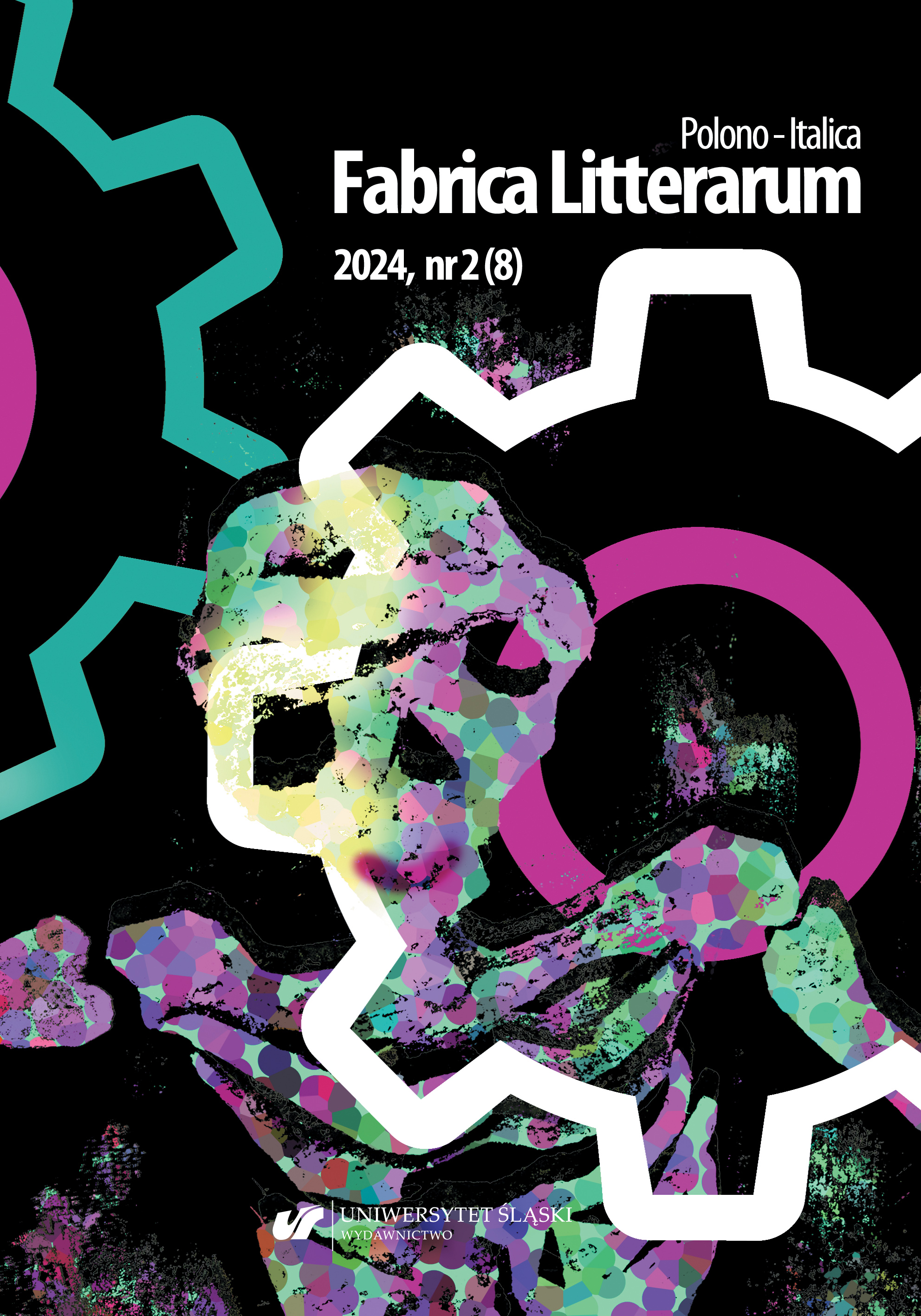In and Out of the Text: Polish 1920s Avant-garde Poetics of Pleasure
In and Out of the Text: Polish 1920s Avant-garde Poetics of Pleasure
Author(s): Agnieszka JeżykSubject(s): Studies of Literature, Epistemology, Communication studies, Polish Literature, Contemporary Philosophy, Philosophy of Language, Methodology and research technology, Theory of Literature
Published by: Wydawnictwo Uniwersytetu Śląskiego
Keywords: love discourse; erotic poetry; Polish avant-garde; Polish poetry
Summary/Abstract: “We are related to enjoyment as something which intimately belongs to us, to our corporal existence and inner vitality, yet is separated from and independent from us, and thus can be surprising, bewildering, burdensome, disgusting, overwhelming, terrifying, thrilling, conflicted, uncanny, uncontrollable (and sometimes even pleasurable)” – claims Aaron Schuster (2016: 44). According to the theorist, enjoyment can manifest as its opposite, especially in the context of its representations in literature. In this essay, I would like to look at avant-garde erotic poems from the interwar period that address the fascinating entanglement of the bodily and the textual. The metaphors of reading and writing, lyrical dialogue between some of the poems, metatextual reflections on the nature of erotic poetry, and the problem of embodiment are some of the strategies that Bruno Jasieński (Moja nieśmiertelność [My Immortality], Słowo o słowie [A Word about a Word], Na bis [An Encore]), Tadeusz Peiper (Naga [Naked], Ja, Ty [Me, You]), and Mila Elin (Książka [The Book], Głód [Hunger]) use to discuss the joys and challenges of trying to represent jouissance in the text. The starting point for my reflection is Alenka Zupančič’s diagnosis of a similar type of satisfaction coming from sex and talking about sex and her insights on the procedures of intellectualizing sexuality.
Journal: Fabrica Litterarum Polono-Italica
- Issue Year: 8/2024
- Issue No: 2
- Page Range: 1-16
- Page Count: 16
- Language: English

